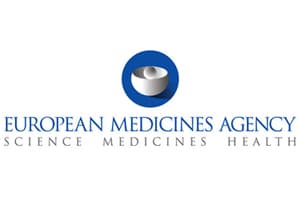 An EMA pilot study looking at progressive licensing of new drugs has found that there are merits to the approach, but further work is needed before the concept can be rolled out across the EU.
An EMA pilot study looking at progressive licensing of new drugs has found that there are merits to the approach, but further work is needed before the concept can be rolled out across the EU.
The EMA’s adaptive pathways pilot was set up in 2014 to try to develop ways to accelerate the registration of new drugs so they can reach patients more quickly.
At its heart is closer consultation between regulator, drug developer and other stakeholders – including patient groups and health technology assessment (HTA) agencies – so that a plan can be developed to generate data on a new medicine before and after licensing.
Critically, an adaptive pathway would not involve any new regulatory mechanisms – it will draw on existing routes to approval but would likely see new drugs initially approved for use in a small population most likely to benefit from the drug. Thereafter, use would be extended or restricted depending on the outcome of further studies.
The EMA has now published its preliminary report on the pilot, revealing that it received 62 applications from drug developers, most of which were not considered suitable for the adaptive model.
The regulator included 18 of them in a first round of face-to-face meetings, and six of those went on to receive formal advice from the EMA and HTAs, with one receiving simple scientific advice only.
After its initial experience the EMA says adaptive licensing is “still a developing concept that will be refined as more medicines are considered”, noting that even though the pilot has ended, proposals can still be submitted by drug sponsors.
To that end it has published new guidance for companies considering the adaptive approach, and will be holding a workshop on 8 December.
Among the issues revealed by the pilot were a need for greater involvement by patient groups in selecting drug candidates and establishing ways to incorporate real-world evidence such as patient registries into the process. Moreover, the EMA would like to see greater involvement of HTAs and other national agencies on pricing and reimbursement strategies for these drugs.
Earlier this year, the European Public Health Alliance (EPHA) issued a briefing document in which it voiced a number of concerns about the adaptive pathways project, including that affordability was not clearly stated as a primary objective.




